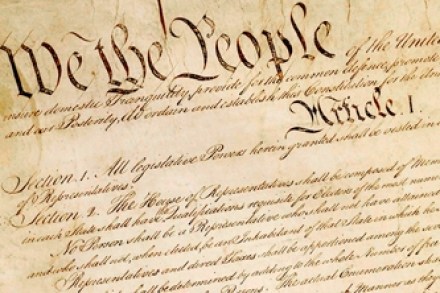Barometer | 12 November 2011
Another world Six cosmonauts have completed an experiment in which they were isolated inside a container for 520 days to simulate a voyage to Mars. A similar experiment, the Lunar-Mars Life Support Test Project between 1995-97 isolated crews for 91 days at a time. These were some of the findings: — Without natural daylight, the astronauts found themselves gravitating towards days of 28 to 30 hours, of which they would work nearly 20. — After emerging from the chamber it took hours for astronauts’ eyes to recover vision at distances greater than six metres. — Many reported having trouble adjusting to the variable noise levels outside the chamber, the noise








